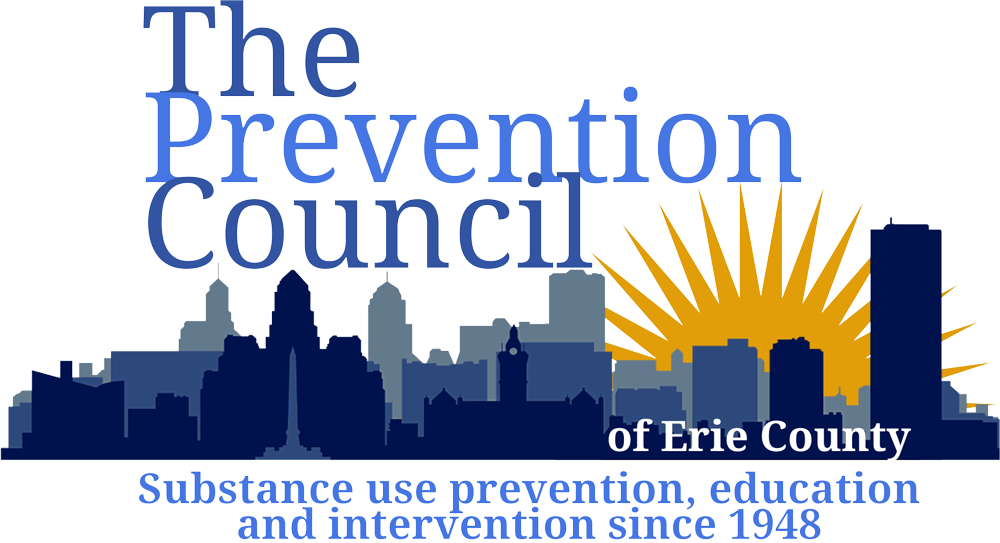Frequently Asked Questions
Get answers to some of the most frequently asked questions.
What Are Social Host Laws?
Social Host Laws protect youth from gaining access to alcohol via adult purchases. There are new proposals locally and statewide going through the legislative process.
What Is Alcohol?
Ethyl alcohol, or ethanol, is an intoxicating ingredient found in beer, wine, and liquor. Alcohol is produced by the fermentation of yeast, sugars, and starches.
How Does Alcohol Affect a Person?
Alcohol affects every organ in the body. It is a central nervous system depressant that is rapidly absorbed from the stomach and small intestine into the bloodstream. Alcohol is metabolized in the liver by enzymes; however, the liver can only metabolize a small amount of alcohol at a time, leaving the excess alcohol to circulate throughout the body. The intensity of the effect of alcohol on the body is directly related to the amount consumed.
Why Do Some People React Differently to Alcohol than Others?
Individual reactions to alcohol vary, and are influenced by many factors, including but not limited to
- Age
- Gender
- Race or ethnicity
- Physical condition (weight, fitness level, etc)
- Amount of food consumed before drinking
- How quickly the alcohol was consumed
- Use of drugs or prescription medicines
- Family history of alcohol problems
What Is a Standard Drink in the United States?
A standard drink is equal to 13.7 grams (0.6 ounces) of pure alcohol or
- 12-ounces of beer
- 8-ounces of malt liquor
- 5-ounces of wine
- 1.5-ounces or a “shot” of 80-proof distilled spirits or liquor (e.g., gin, rum, vodka, or whiskey)
Is Beer or Wine Safer to Drink than Liquor?
No. One 12-ounce beer has about the same amount of alcohol as one 5-ounce glass of wine, or 1.5-ounce shot of liquor. It is the amount of ethanol consumed that affects a person most, not the type of alcoholic drink.
Is it Safe to Drink Alcohol and Drive?
No, alcohol use slows reaction time and impairs judgment and coordination, which are all skills needed to drive a car safely. The more alcohol consumed, the greater the impairment.
What Does 'Moderate Drinking' Mean?
There is no one definition of moderate drinking, but generally the term is used to describe a lower risk pattern of drinking. According to the Dietary Guidelines for Americans drinking in moderation is defined as having no more than 1 drink per day for women and no more than 2 drinks per day for men. This definition is referring to the amount consumed on any single day and is not intended as an average over several days.
What is meant by a Behavioral Addiction or a Behavioral Use Disorder?
Behavioral addictions or non-substance disorders, like a gambling or shopping disorder, are a set of behaviors that a person becomes dependent on and craves. Behavioral use disorders can be just as destructive as a substance use disorders on an individual’s life.
How does marijuana affect the brain?
Marijuana use directly affects the brain — specifically the parts of the brain responsible for memory, learning, attention, decision making, coordination, emotions, and reaction time.
Is marijuana addictive?
Yes. According to the CDC, about 1 in 10 marijuana users will become addicted. For people who begin using before the age of 18, that number rises to 1 in 6.
How do I advocate with my elected representatives?
- Most elected officials focus on issues they deem important to their constituents. As a result, they have to be made aware of the problem, given background information on the issue, and provided with suggestions for solutions.
- Write a letter, schedule a visit, or make a phone call. When visiting in-person or making a phone call, be sure to prepare what you want to say ahead of time. Be professional and concise.
- You should always express your gratitude when an official has helped you, even if they were unable to achieve the desired result. A “thank you” is long remembered, especially if put in writing.
Still have Questions?
Contact us for more information.
